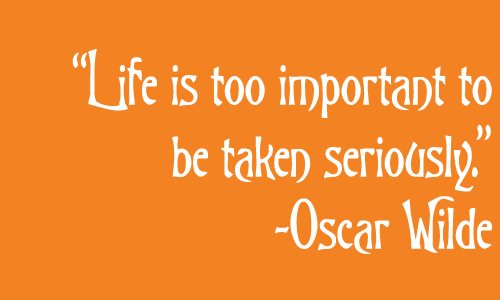Alan: The following TED Radio Hour presents convincing evidence that lots of play can heal your psyche, and, apparently, save your soul - or at least prevent some of the worst kinds of psychopathy.
Although all the following talks are enlightening, I draw your attention to Stuart Brown (founder of The National Institute for Play), Jeff Mogil and Jane McGonigil.
Isabel Behncke's research has revealed that what might be called "peak play" (my term) is accompanied by 1.) risk, 2.) ambiguity, and 3.) uncertainty.
Left to my own devices, I never would have thought of these three characteristics.
But having studied "the conservative psyche" both formally and informally I immediately said to myself: "Aha! Play is the antidote for fascism."
Risk counters safety.
Ambiguity counters reductive homogenization of The Good.
And uncertainty counters the quest for unvarying absolutism.
It appears that play is about loss of control and consequent creativity, whereas fascism spotlights control to forfend creativity through the repetition of safe routines.
I wish one of the speakers had discussed "playing" music.
A bit of practical advice: Always carry a rubber ball.
You can throw it in almost anyone's direction and s/he will not only throw it back but enjoy throwing it back.
There's your introduction to a new playmate.

"The opposite of play is not work but depression."
Although all the following talks are enlightening, I draw your attention to Stuart Brown (founder of The National Institute for Play), Jeff Mogil and Jane McGonigil.
Isabel Behncke's research has revealed that what might be called "peak play" (my term) is accompanied by 1.) risk, 2.) ambiguity, and 3.) uncertainty.
Left to my own devices, I never would have thought of these three characteristics.
But having studied "the conservative psyche" both formally and informally I immediately said to myself: "Aha! Play is the antidote for fascism."
Risk counters safety.
Ambiguity counters reductive homogenization of The Good.
And uncertainty counters the quest for unvarying absolutism.
It appears that play is about loss of control and consequent creativity, whereas fascism spotlights control to forfend creativity through the repetition of safe routines.
I wish one of the speakers had discussed "playing" music.
A bit of practical advice: Always carry a rubber ball.
You can throw it in almost anyone's direction and s/he will not only throw it back but enjoy throwing it back.
There's your introduction to a new playmate.

"The opposite of play is not work but depression."
Press Play
Does something serious happen when we play? In this episode, TED speakers describe how all forms of amusement — from tossing a ball to video games — can make us smarter, saner and more collaborative.






No comments:
Post a Comment